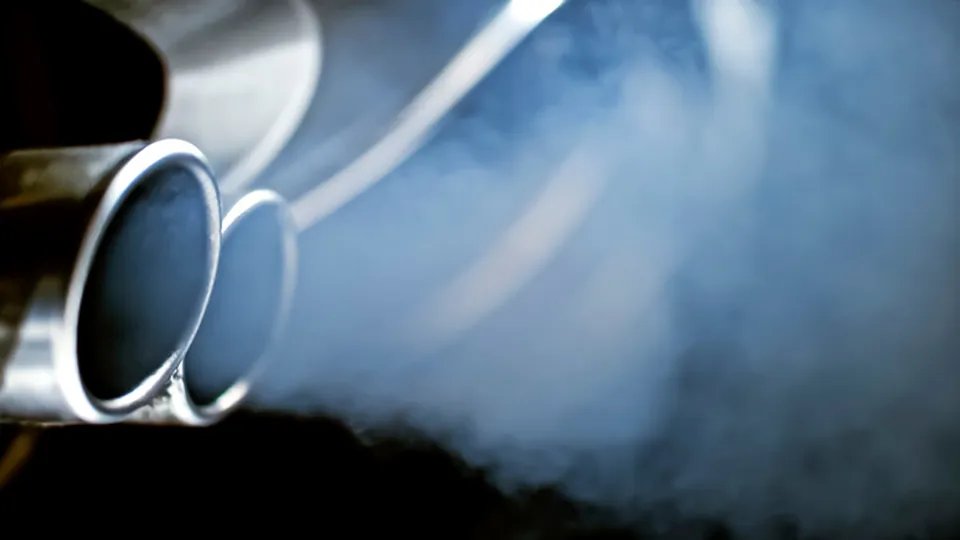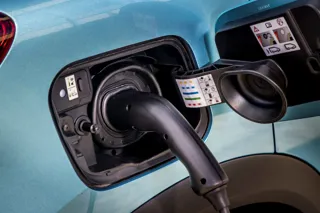Campaign group Transport & Environment (T&E) has warned the European Commission against watering down upcoming Euro 7 emissions standards under any pressure from vehicle manufacturers.
Cutting air pollution is a top priority of the EU Green Deal and the European Commission is currently considering recommendations for new vehicle emissions standards after convening independent experts to review the best available technologies.
Development of the Euro 7 standards began last year, and the European Commission is due to make draft proposals before the end of this year.
However, T&E says the European car industry is using aggressive lobbying and making unsubstantiated claims in its aim to water down the new standards.
Anna Krajinska, emissions engineer with T&E said: “Affordable technology can now deliver huge cuts in vehicle emissions for less than the price of a paint upgrade for an average car.
“This is a unique opportunity to make air safer to breathe across Europe.
“But instead of embracing innovation to clean up toxic emissions, the car industry is aggressively lobbying against tougher regulations and using what amounts to dirty tricks, including misleading claims that the costs will threaten jobs and business.
“Lawmakers should look past industry scaremongering and focus on doing what is right for the health of millions of citizens.”
The campaign group’s briefing paper ‘The seven (dirty) air pollution tricks of the auto industry’ claims the industry is trying to turn the public and governments against Euro 7 by whipping up fears that tough new standards will cripple sales and threaten jobs.
The paper warns: “The car industry has a long history of crying wolf on emission standards, claiming that compliance will be impossible, too expensive, or cripple sales, only to fully comply and take credit once the regulation enters into force.”
It also says the industry has “a long history of cheating regulation.”
Manufacturer fines
In July, the European Commission fined Volkwagen and BMW €875 million for colluding with Daimler to prevent the deployment of clean emissions technology.
Volkswagen has already paid out more than €32 billion in penalties and compensation related to the “Dieselgate” emissions scandal, and four managers are currently on trial in Germany on related charges of fraud and tax evasion.
The existing Euro 6 emission standards include real-driving emissions (RDE) testing for cars and vans and portable emission measurement systems (PEMS) testing for lorries and buses.
Since its introduction, and subsequent revisions, this has led to an improvement in the emissions performance of vehicles.
The European Commission, however, believes that the current standards do not sufficiently contribute to the decrease in air pollutant emissions emerging from road transport, required for the move towards zero-pollution in Europe.
It is due to make draft Euro 7 proposals before the end of this year and is studying recommendations from independent emissions experts.
It convened the Consortium for Ultra Low Vehicle Emissions (CLOVE) to advise on what is now economically and technically achievable, and it spent more than two years researching the best available emissions technologies.
CLOVE has proposed deep cuts from Euro 6 standards across a range of emissions harmful to health: nitrogen oxide would fall from 80mg/km to 20mg/km and particle emissions by more than 80%.
T&E is also calling for Euro 7 to close loopholes which allow vehicles to substantially exceed legal limits, for example during fast accelerations and short city trips.
In cities, trucks can emit up to eight times the legal NOx limit because the official tests do not currently cover low-speed driving.
The paper said: “Euro 7 must ensure emissions limits apply under all driving conditions and throughout the lifetime of the vehicle to avoid shifting the problem of air pollution to less affluent member states.”























Login to comment
Comments
No comments have been made yet.